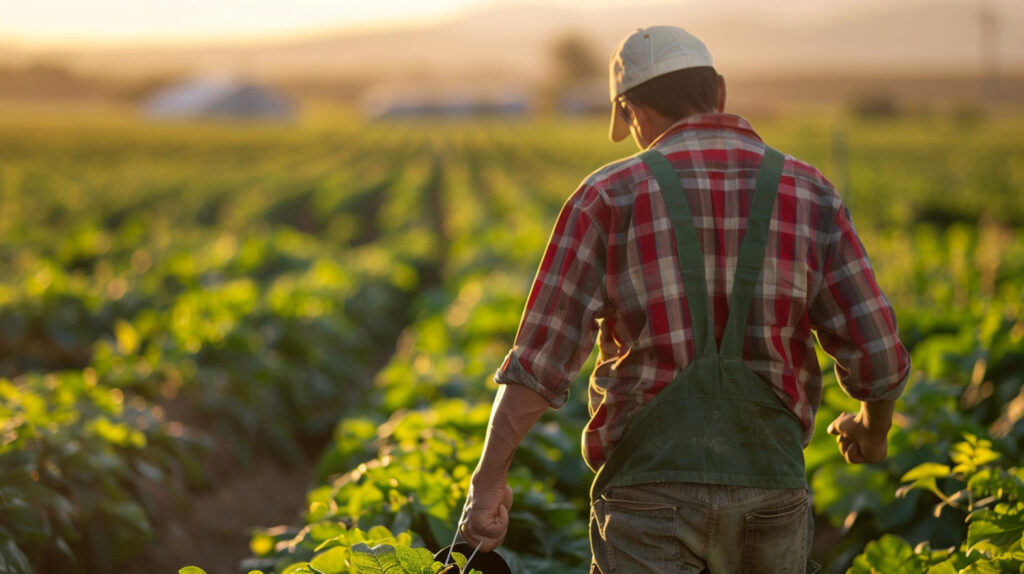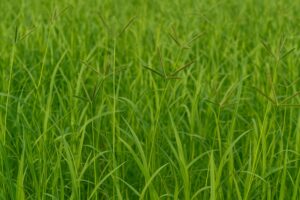Is Spanish agriculture in crisis? proposals and solutions for the planet

Un agricultor recorre su campo al atardecer, representando el trabajo rural, la conexión con la tierra y la importancia de la producción sostenible.
Agriculture is facing a deep crisis that threatens both those who practice it and the environment. Land concentration, lack of access for small-scale producers, and reliance on intensive models are just some of the challenges the agricultural sector faces in Spain.
Access to land is one of the biggest barriers for small farmers in the country. In a context where large agribusinesses continue expanding their holdings, small family farms are increasingly being displaced. Land concentration seriously harms biodiversity and landscapes and leaves many younger generations without a path to pursue agriculture.
In response to this problem, Greenpeace proposes the creation of a public land bank, a tool that would make farmland available to those who truly need it: small and family farmers. This bank would not only prevent speculation but also limit the amount of land that could be acquired by large corporations, preserving fairness in access to resources.
A public land management model would ensure that land is allocated to projects with sustainable agricultural goals. This approach would help mitigate the negative impact of corporate land grabs while guaranteeing responsible use of natural resources and supporting the development of rural areas that rely on family farming.
The role of agroecological extension workers in the agricultural transition
The transition to more sustainable and environmentally friendly agriculture cannot be achieved through policy changes alone. Farmers need technical training and continuous support. The role of the agroecological extension worker is key to making this transition possible. These professionals provide the guidance needed for farmers to adopt more ecological practices that promote biodiversity and soil health.
In Spain, many small farms lack the technical knowledge to shift their production model toward agroecology. While agroecology offers practical solutions to climate challenges and biodiversity loss, it requires specific training and sustained support. The figure of the agroecological extension worker must become a priority in agricultural policy, as it facilitates the adoption of methods that benefit both the environment and local communities.
Moreover, these professionals can help connect farmers with local markets, encouraging direct sales and responsible consumption. By eliminating middlemen, direct sales benefit both producers and consumers. This strategy, combined with cooperative networks, can help build a fairer and more accessible agricultural market.
Reforming the CAP: the path toward a fairer and more sustainable agriculture
The Common Agricultural Policy (CAP), although designed to support farmers, has historically favored large landowners and corporations. Instead of rewarding quality or sustainability, the CAP has incentivized the intensification and expansion of large-scale farming operations. This has marginalized small producers and contributed to a model of agriculture increasingly destructive to the environment.
It is crucial to reform the CAP so it meets the needs of small and sustainable family farms. Greenpeace advocates for the elimination of per-hectare payments, which disproportionately benefit those with more land. Instead, aid should be directed to farmers who adopt nature-friendly practices and contribute to preserving rural environments.
In addition, the creation of a Just Transition Fund is urgently needed to support the shift to sustainable agriculture. This fund would help farmers already struggling to adapt to new models that protect both people and the planet. Without sufficient economic support, the necessary transformation will not be feasible.






